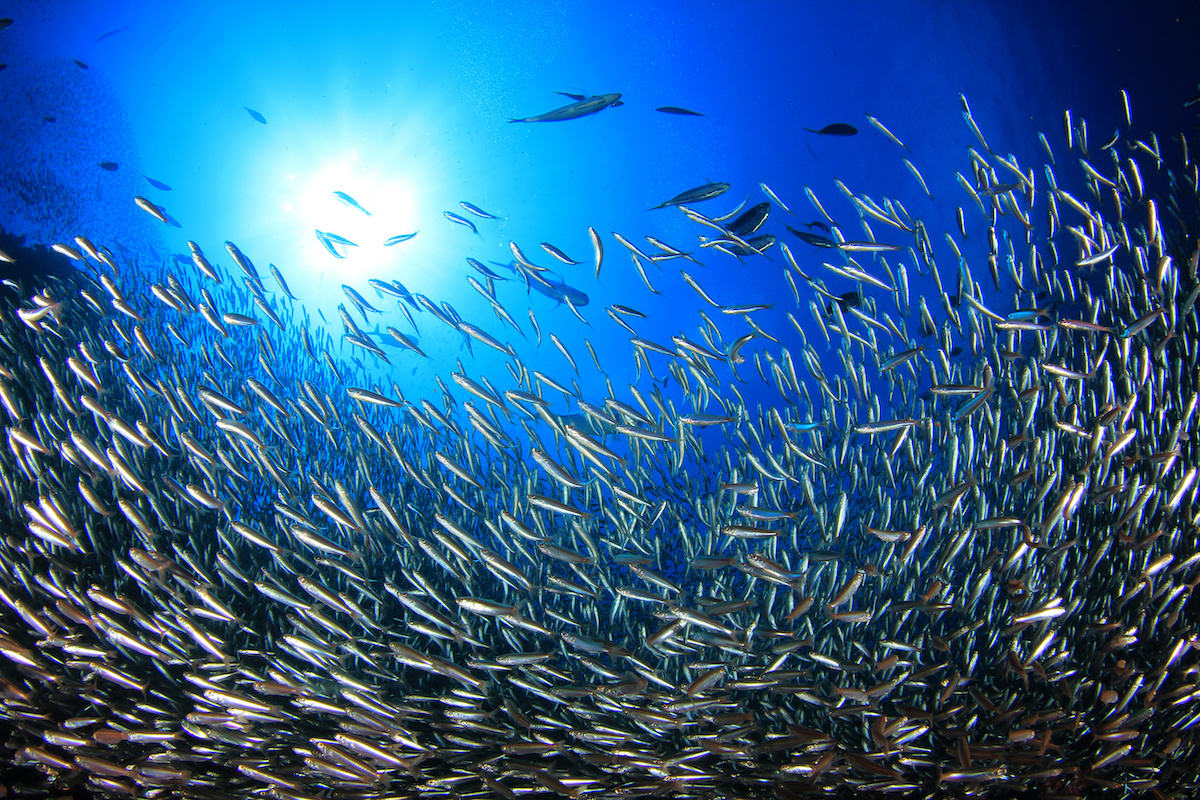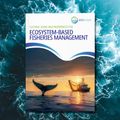EcoScope collaborator and leading fisheries scientist calls for sustainable management of blue economy
Key scientist in the Ecopath initiative, an EcoScope partner, and newly named fellow of the Royal Society of Canada (RSC), Villy Christensen of the University of British Colombia called for smart management of marine resources and the Blue Economy in his feature video celebrating his election to the RSC.
“Considering that Canada’s Blue Economy generates 30 billion dollars a year, we must manage our oceans, lakes and rivers responsibly and sustainably, and that calls for ecosystem-based fisheries management, which is what we develop tools for,” Christensen said.
“What we are doing around the world is not to give people a fish, but to teach them how to do science that answers the questions about how we should manage our oceans,” through the use of modelling methods he developed for analysing past, present and future ecosystems, Christensen added.

Touting the global importance of Christensen’s work, the RSC noted that he is “one of the most highly-cited fisheries scientists in the world today [and] the principal architect behind the Ecopath and Ecosim ecosystem modelling framework and software, which is used by hundreds of scientists worldwide.”
Ecopath and Ecosim have become the most widely used, freely distributed de-facto standard for ecosystem-based management, used by thousands of scientists around the world, the UBC Institute for Oceans and Fisheries stressed, adding that in 2009 the US National Oceanic and Atmospheric Association (NOAA) recognised the development of Ecopath with Ecosim as one of the ten major scientific breakthroughs in the field over the previous 200 years.
Internationally, Christensen has been involved in supplying vetted-model results for future assessments of the United Nations Environment Programme (UNEP) Intergovernmental Panel on Climate Change (IPCC), as well as the Intergovernmental Science-Policy Platform on Biodiversity and Ecosystem Services (IPBES).
Christensen’s research focuses on ecosystem-based management, with an emphasis on human impacts, food web effects and environmental conditions, including those caused by climate change. Christensen’s studies put special emphasis on the balance between social and ecological trade-offs in resource management, the RSC noted.
Most recently, Christensen has been focusing on sustainable fishing, balancing international approaches to fishery management, such as dedicated access programs, with approaches emphasising community management of local fisheries. In this capacity, Christensen and his team are working with an indigenous community in British Columbia, the Tsleil-Waututh Nation, to support the TWN Cumulative Effects Monitoring Initiative in the province’s Burrard Inlet.





